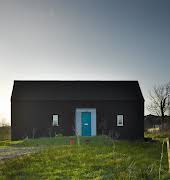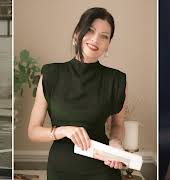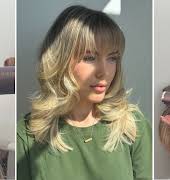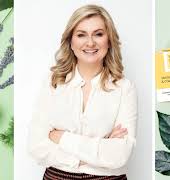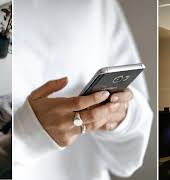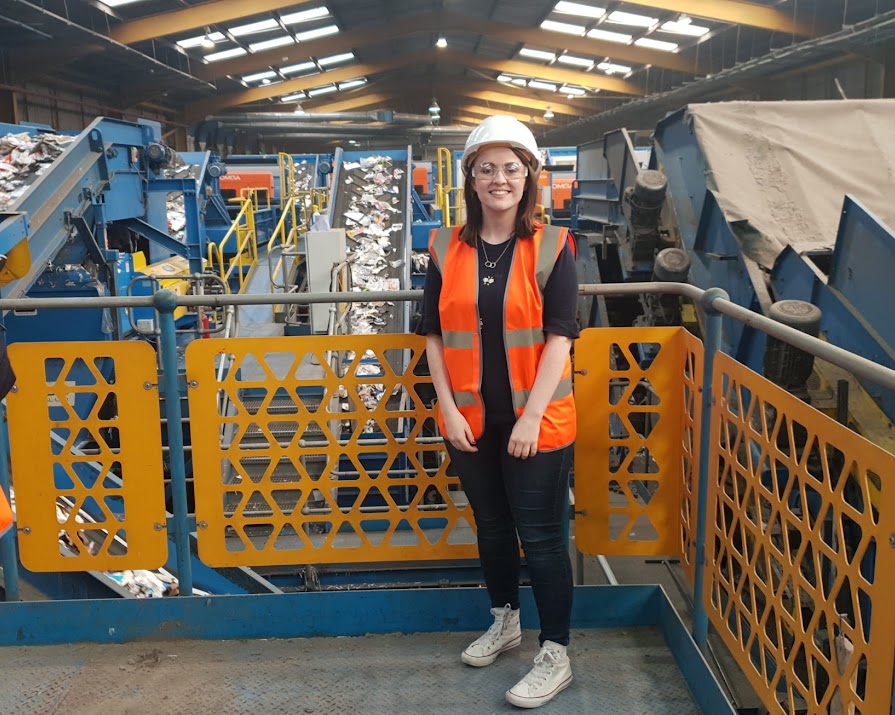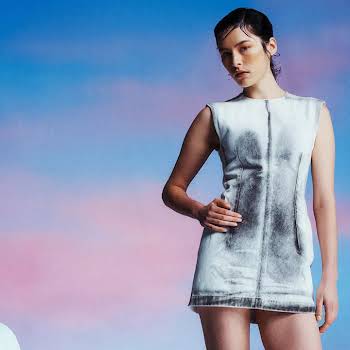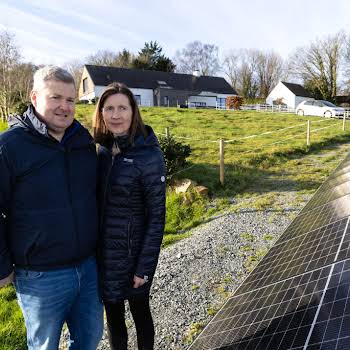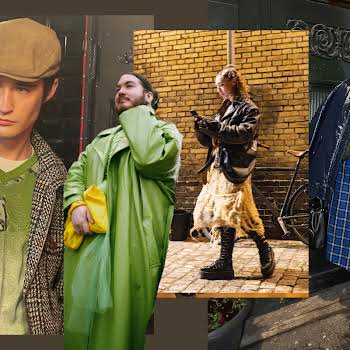By Grace McGettigan
08th Feb 2020
08th Feb 2020
We’re looking at 10 ways to reduce our carbon footprint, based on a recent visit to a Dublin recycling centre
Sustainability is incredibly important to us at IMAGE HQ. As a company, and individually, we care deeply for the environment we live in. We’ve already swapped disposable coffee cups for reusable Keep Cups, we have dedicated recycling zones in the office, and we often choose swap shops over fast fashion.
But with plastic pollution worse than ever, we want to take our commitment to sustainability to the next step. Enter Repak’s ‘Team Green’ initiative.
Repak’s Team Green
Repak is calling on everyone to play their part when it comes to plastic recycling. If everyone in Ireland recycled just one more piece of plastic every week, we could recycle 250 million more pieces of plastic every year.
Not only that, a recent review by Panda shows that, on average, 4% of the waste in people’s black bins is perfectly recyclable, including plastic bottles, pots, tubs and trays. If every one of Panda’s 250,000 household customers put all of their clean bottles, pots, tubs and trays in the recycling bin, they would recycle more than 6,000 extra tonnes of plastic each year – the equivalent of 120 million two-litre drinks bottles.
While that sounds good to us, there’s still some confusion about what can be recycled and what can’t. For that reason, we visited the Panda recycling centre in Ballymount to learn more.
Our visit to the Panda recycling centre
Guided by the Repak team and Panda’s Liam Dunne, we donned a hard hat and hi-vis vest to explore one of Ireland’s top recycling centres. To say the experience was eye-opening would be an understatement.
A few things struck us on arrival. One, the deafening roar of top-of-the-range machinery. Two, the high number of staff (110) manually handling what the machines might miss, and three, the shocking amount of non-recyclable material being put in people’s recycling bins.

The amount of non-recyclable plastic being delivered to the centre was jaw-dropping. Of the approximately 350 tonnes processed here per day, 36% is sent back out as non-recyclable waste.
While 350 tonnes sounds like a lot (and it is), the centre can process as much as 900 tonnes of recycling at Christmas time. The sheer volume of packaging is a sight to behold.

10 things we learned about recycling
- All recyclable items should be clean, dry and loose. Do not fill one recyclable with another (for example, don’t fill a cereal box with other recyclables) as this makes it difficult for the machines to scan and separate each item successfully.
- Shredded or torn paper (while technically recyclable), can’t be detected by the machines at the recycling plant as it’s too small. Where possible, put paper into the recycling bin as a whole.
- Soft plastic (such as the labels on Coke or water bottles; the film on a punnet of grapes; cling film and plastic carrier bags) can’t be recycled in Ireland. Avoid putting these into your recycling bin.
- Tinfoil can be recycled provided it is clean and rolled up into a ball. However, crisp packets and popcorn packets with foil on the inside can’t be recycled.
- Your aluminium drinks cans are recyclable. Just be sure to wash them of any sticky residue before placing them in the recycling bin.
- PET (polyethylene terephthalate) is a type of plastic that’s really recyclable. It’s used to make plastic bottles, plastic milk cartons, plastic tubs, and the bottles your shampoo comes in. Check to see if the packaging has a recycling symbol on it with the number ‘1’ inside; if so, clean it, dry it, and pop it loosely into the recycling bin.

- Black plastic (such as the trays vacuum-packed steaks come in) is a tricky one. Technically it is recyclable, but because it’s the same colour as the conveyor belts at the recycling centre, the machines find it hard to detect. It’s particularly hard to detect when died with carbon, and unfortunately for us, it’s impossible to know how our plastic was dyed. Nevertheless, it’s best to clean it, dry it and pop it into the recycling bin just in case.
- Paper and cardboard are only recyclable if it’s clean (not contaminated by food or oil-based substances). That means no greasy pizza boxes, no food-stained napkins, and no food-stained paper lunch boxes.
- Nappies, under no circumstances, should be put into your recycling bin. Remember, it’s a real person (not a machine), who has to fish it out of the system. Not only that, it contaminates all the clean recycling around it.
- Disposable coffee cups (unless otherwise specified) are not recyclable.
For more information about how to recycle, visit repak.ie/for-home.
Photo: Grace McGettigan; photo taken by Liam Dunne
Read more: Go green in 2020: easy ways to cut back on plastic waste this year
Read more: Fabrics to avoid and embrace if you want to make more sustainable fashion choices
Read more: ‘Eye-opening and empowering’: this climate change experience in Wicklow is a must

